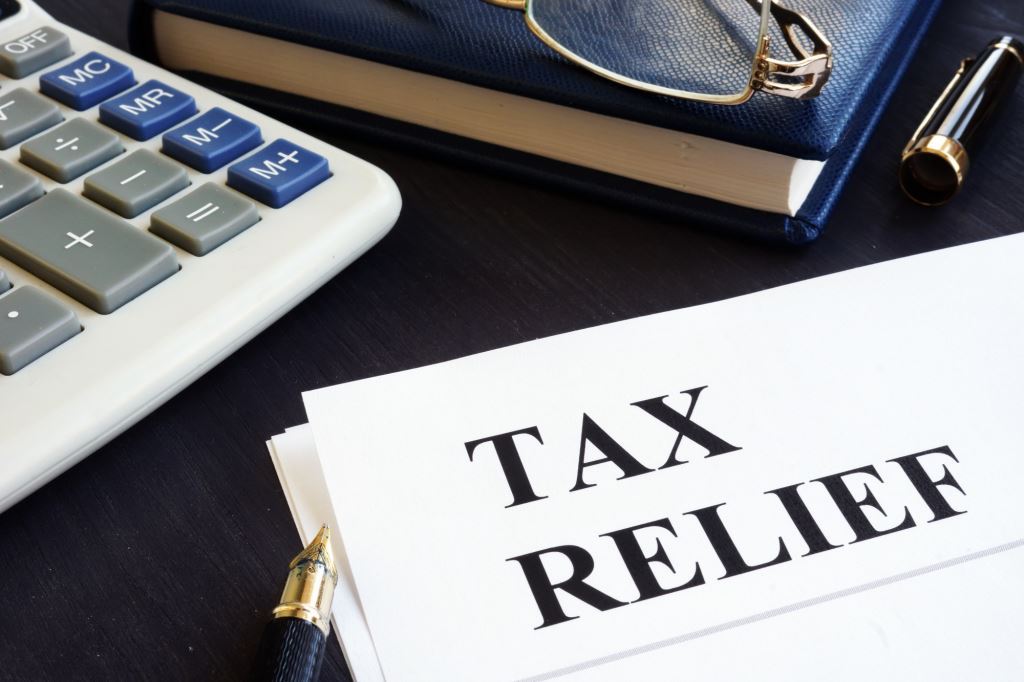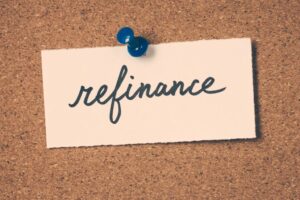Even though you may do your best to pay all the taxes you owe, you may find yourself behind and unable to pay. You aren’t alone in this situation. Reports show that Americans owe $114 billion in back taxes as of 2020.
It can be stressful to be in tax debt, but that doesn’t mean you don’t have options available that will help you get out of it. Read the guide below to learn how to pay off your taxes.
Pay What You Can
One of the significant issues with tax debt is the interest you accrue. Every day you fail to pay what you owe, you get charged interest by the government.
Over time, this leads to a much higher tax bill. This means you will also extend your payoff period if you put off paying a minimum balance each month.
If you have extra money and can pay extra on your bill, make sure you take that action. Every dollar you put towards your principal debt is less interest you have to pay. If you pay a little extra each month, you can greatly reduce your total interest paid and the length of time you’re paying off your debt.
Use a Personal Loan or Credit
There may be times when your IRS debt is a short-term problem. You have cash flow issues that you can resolve soon, so you need a little more time to handle things.
A personal loan or credit is an excellent option in cases like this. Yes, you will have interest payments because of the debt. But at the same time, you can learn your obligations to the government and pay monthly installments to your lender.
It’s essential to be able to handle your payments quickly if you decide to go the credit route. You may see a high-interest rate, so you don’t want to pay more than necessary. But if you can get a zero-interest rate credit line for a year, this is a way to avoid that problem.
Apply for Short-Term Relief
The IRS offers taxpayers options when paying off taxes. If you don’t have the money right now but are sure you will have it soon, you can apply for short-term relief.
Yes, you will suffer penalties and interest when doing this. However, you’ll also get time to get the money to pay your taxes.
You’ll find options for 90-day and 180-day extensions. Look into each program’s terms to see which one will benefit you.
Of course, you don’t have to pay your taxes in one lump sum payment, either. You can gradually pay what you owe during this time — as long as you finish paying your tax debt by the target date.
Get an Installment Agreement
If you don’t want to take out more debt to pay off your loan, the IRS has options for you. Not everyone can pay off their tax debt in the short term. Those people need to get onto an installment plan.
The IRS offers payment plans to people who need extra time to pay their taxes. These are generally for people who need more than six months to pay their tax debt.
You can sign up for a plan by calling the IRS or using their website. The plans usually start after the IRS has processed tax returns the month after tax day. Just remember that you’ll have added interest while paying your installments.
Use an Offer-in-Compromise
An offer-in-compromise payment option is available to taxpayers who want to negotiate with the IRS. They may not have the money to cover the entire debt, but they can cover a large portion.
The IRS will look into your current situation to determine if this is the right move. They will consider your current employment, living conditions, and other factors. Not everyone will qualify for this option, but asking doesn’t hurt.
If you reach an agreement with the IRS, you can pay your debt with one lump sum payment. This payment will be less than what you owe, so you’ll be able to get out of debt as a result.
File for Bankruptcy
If you’re having trouble with money in the other parts of your life, your tax debt is likely the least of your concerns. You have other bills to pay, so you’re worried about just getting by.
In cases like this, it’s a good idea to think about getting a fresh start. You can file for bankruptcy to do this.
Once you complete this process, you won’t need to worry about your tax debt or any other form of debt after (except for student loans). You can then start over and get yourself back on good financial footing.
Talk to an Expert
Getting tax relief isn’t always easy. You may owe a lot of money and not understand what to do. In cases like this, it pays to get more info on tax problems and how to solve them.
You can speak to accountants, lawyers, and other professionals to get the help you need. A pro can assess your situation and develop tax solutions that leave you in the best position.
You Can Get Out of Tax Debt
Being in tax debt can be stressful. You owe the government money, and you aren’t sure if you’ll be able to manage to pay your debt. Luckily, you have options if you’re in this situation.
You have many opportunities to manage your tax debt – from getting on an installment plan to working with a financial advisor. Explore all your tax debt solutions to find the best one for you.
Do you want to learn more advice that will help you set yourself up for a better financial future? Learn what you need by checking out more financial posts on the blog.




